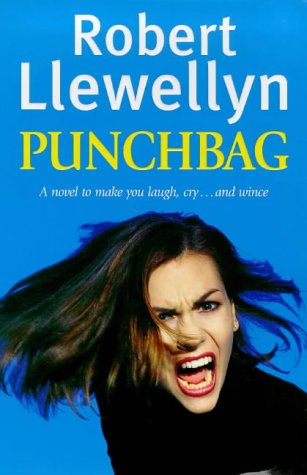 With one day of 2011 left it’s perhaps fitting that I finally finished Solar by Ian McEwan which was the book I was reading on Jan 1st of this year. Also if you recall I counted the 118 pages I’d read thus far in last year’s total based on the presumption that I’d finish it this year or face a penalty of -1 point.
With one day of 2011 left it’s perhaps fitting that I finally finished Solar by Ian McEwan which was the book I was reading on Jan 1st of this year. Also if you recall I counted the 118 pages I’d read thus far in last year’s total based on the presumption that I’d finish it this year or face a penalty of -1 point.
For most of the year it’s looked like I would pay that penalty – though recently it’s also looked like it wouldn’t affect my final score by much. However I decided to start reading it again (and began at the beginning) on 22nd Dec. Fortunately I didn’t get stuck or bogged down and it was a fairly easy read.
Solar follows the exploits of Nobel Prize-winning physicist Michael Beard from 2000 to 2009 and his interest in and work toward the use of solar energy. The book is in three sections set in 2000, 2005 and 2009 respectively. In the first we follow his introduction to the science of climate change and his involvement in a government initiative to pursue renewable energy sources – at this stage the big focus is wind power. In the second section he’s parted company with this project and is looking to exploit commercially ideas about artificial photosynthesis. In the final section of the book his company is gearing up for a practical demonstration of the technology on a non-trivial scale (providing power for a whole town).
Alongside this progression of technology we have developments in his somewhat messy personal life. Here, as in the behind the scenes of his business dealing, we see that Beard is not the most ethical man, to put it mildly.
The thing about this novel is that if you aren’t at least fascinated by the main character then you may find it a tough read. Fortunately I quite liked him and wanted to see whether he would succeed. I say I liked him, this was despite a couple of specific incidents of really bad behaviour and a pattern of selfish indulgent living. If anything the later, in which I can easily see myself, softened me a little towards the former.
In the end the consequences of his behaviour do work themselves out – at least some of it. I was left thinking about parallels with the ways in which society in general acts in terms of climate change – denial, well-meaning but counter-productive or ineffectual, an unwillingness to give up self-destructive indulgent behaviour and a failure to take seriously the consequences of actions taken years before. I’m sure some of these parallels were deliberate but maybe not all.
7/10 – not my favourite McEwan but a good read nonetheless.







